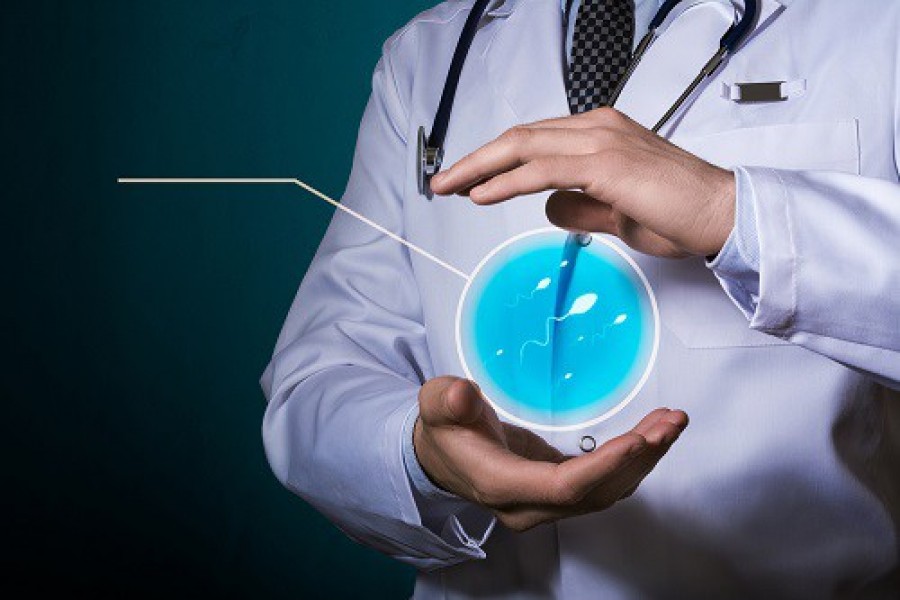What is the egg freezing process?
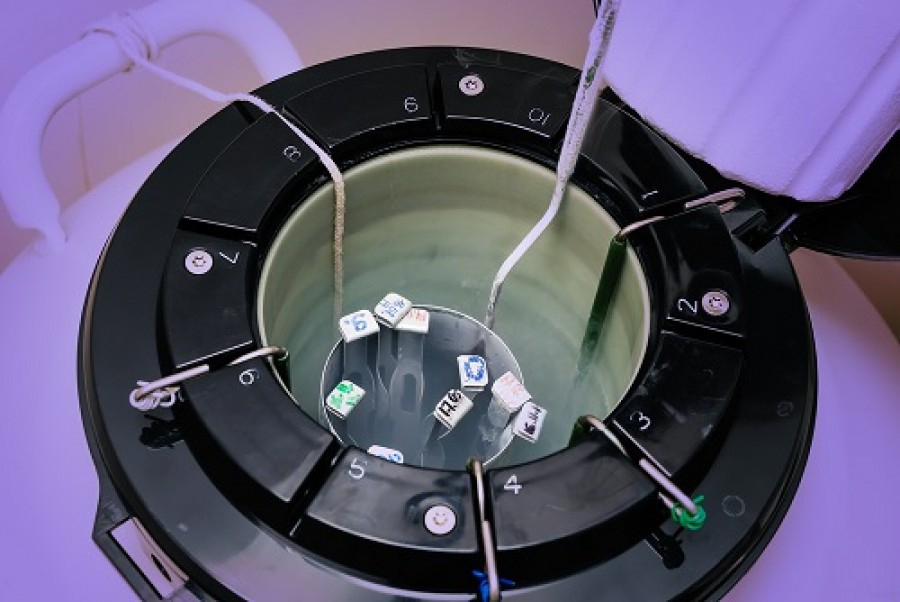
Fertility is an important thing to many women. Having a child and starting a family is huge responsibility. Therefore, many women want to wait until the time is just right so that they can give their child the best possible life. As the human body works on its own biological clock, this can often be against nature’s timeframe. Fortunately, technology can intervene.
Fertility preservation is the process of giving longevity to natural fertility. One stage of this is egg freezing. The most fertile years of a woman’s life is the early 20s to early 30s. However, this is also a time when there is excessive social pressure and a good chance at establishing a stable career. After the age of 36, a woman’s chance at conceiving naturally has greatly diminished and is something of just 15% chance per month. By the age of 45, that chance is down to less than 1%.
This puts some emotional stress and pressure on women to have a baby, often when they aren’t ready. Therefore, egg preservation can help stabilise emotional wellbeing by giving women control over their natural fertility. It means that there is a greater chance of conceiving a child later in life, when they are in a better holistic position to do so.
Throughout this article, the process of egg freezing and what is involved throughout it will be explored. It is hard to know whether egg freezing is the best route and is a personal decision that needs to be discussed with a fertility specialist. Knowing the basics can help make an informed decision on this.
What is egg freezing?
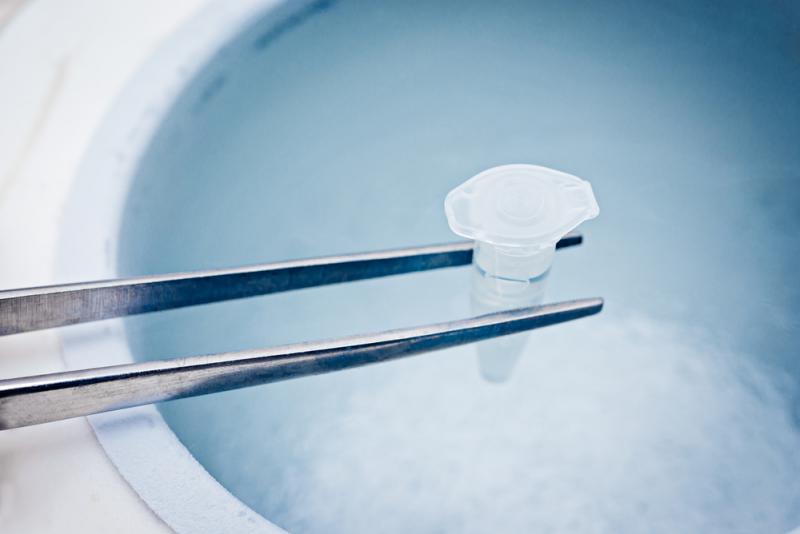
The method of egg freezing involves taking a women’s unfertilised eggs and storing them. They are stored in a specialty freezer and retrieved at a later date. They are then used to be fertilised at this time when natural conception is less likely or no longer possible.
Eggs can be frozen for many years and they don’t deteriorate. Once the woman is ready to have a child, the eggs are defrosted. They are then fertilised with a sperm, donor or otherwise, and once there is a successful embryo, it is transferred into the woman’s uterus.
The eggs are transplanted through the intra vitro fertilisation method. The procedure is essentially the same as IVF, except that the eggs being used are ones that are frozen, not freshly harvested from the woman’s ovaries. Therefore, the outcomes are on a similar to standard IVF procedures.
How are the eggs obtained?
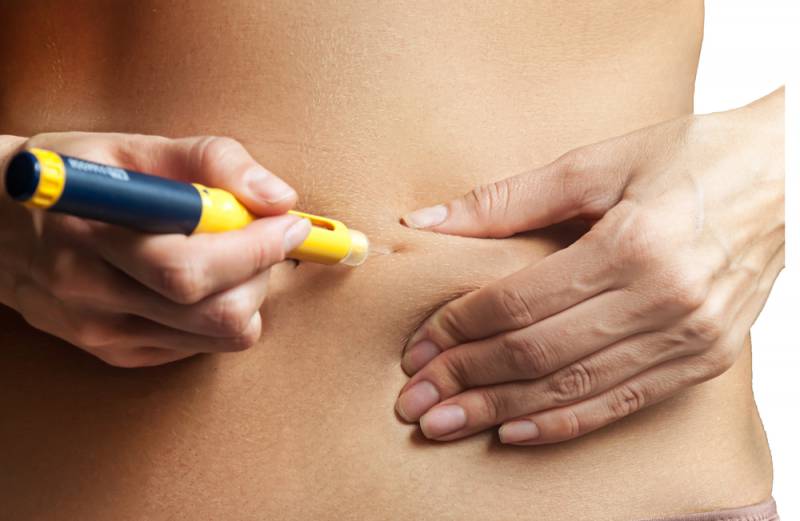
To get the eggs for freezing, the woman is given some hormonal stimulation to make sure there are plenty of eggs. Generally, about 6 -15 eggs mature and are taken into freezing. The hormonal stimulation options vary and are best discussed with a fertility specialist.
Next, the eggs are collected from the ovaries. This is done using a special type of ultrasound probe inserted through the vagina. The procedure normally happens under a light anaesthetic or sedation. Women are not advised to drive after the procedure but they can go home after an one hour or two.
After this, the eggs are taken to the laboratory. This is when the freezing process happens. This process is called vitrification. The freezing process extracts fluid from the eggs to prevent crystal ice forming and causing damage. The eggs can then be stored for many years after vitrification has been successful.
Who is egg freezing ideal for?

The process of egg freezing is often recommended for women who have undergone medical procedures or experienced cancer. Treatments such as these can put natural fertility at risk so it is better to retrieve the eggs while they are in healthy condition and use them at a later time.
Other times that egg freezing is used is for women who want to put off having children for lifestyle reasons. This can be for reasons of a career or not being in a stable position to start a family. It can be a responsible decision to freeze the eggs and wait until the time is right to have a child.
Egg freezing can be accessed by single women and couples. It is ideal for single women if they want a chance at a healthy baby but do not have a stable relationship or want to be in a relationship. It is also good for couples who want to establish themselves in a stable life before committing themselves to having a child.
How does egg freezing assist fertility?
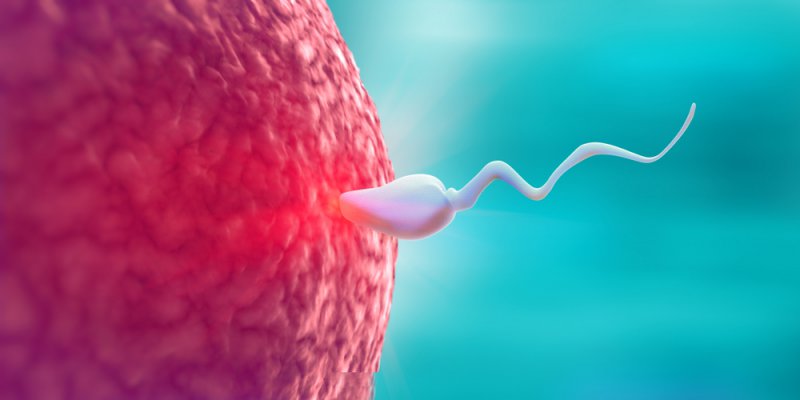
A basic biological fact is that woman are more fertile when they are younger. In youth, eggs have a higher combination of genetically ‘normal’ DNA that is healthy and free from disease. Freezing the eggs when they are in their prime helps to give that egg a better chance of turning into a healthy embryo with fertilisation.
Egg freezing is also successful because the thawing has no effect on the health of the egg. Freezing it and thawing it out doesn’t affect the state of egg and how it will be impacted by fertilisation. This means that it basically acts as a chance for women to stop the clock on their natural fertility and literally freeze the state of the egg how it is.
What are the success rates?

In Australia, the egg freezing process has relatively high success rates. It is still a fairly new procedure so there are not many statistics to give a holistic take on it. The greatest factor for success is the age of the women when the eggs are taken for freezing. The younger the woman, the greater the natural fertility, therefore the greater chance the eggs have of being fertilised later on.
According to some data collected by IVF Australia, approximately 80-90% of the eggs collected from a woman under the age of 35 would have a successful chance of surviving the warming process. Of this, 50-80% would have successful fertilisation. Then, 80-90% of those would turn into embryos if fertilised. Of those embryos, 20-35% have a successful chance of developing into pregnancy.
This procedure is straightforward and a mostly reliable fertility preservation method, depending on many factors. It does not guarantee a healthy pregnancy or baby later in life. There are many other lifestyle, diet, and health factors that contribute to having a baby once passed the age of natural fertility.
What are the costs involved?

Like any medical procedure, there are costs associated with egg freezing. In Australia, Medicare and other government subsidies are only available for fertility if there is a valid medical reason. Therefore, if egg freezing is a personal choice because of lifestyle, there might not be financial help. It is important to discuss this clearly with the fertility specialist before committing to the procedure.
As for the costs, an egg freezing cycle where 10 eggs are retrieved generally costs around $6,000 or more. For an additional ten eggs, the cost is $800. On top of these costs, there are also fees for the day surgery, medication, and anaesthetic fee. Ongoing storage fees are typically $500 per year in Australia.
The initial cost covers many things, including cycle monitoring and blood tests, nursing care and specialised counselling, surgeon’s fees, and a complimentary 6 months storage. The large costs associated with this are something that individuals need to factor into their financial long-term decisions of wanting to start a family one day.
What else to know about egg freezing?
It is somewhat unclear about how many women actually retrieve their eggs and go through to use them to have a baby. There are many cases in Australia and the United States where the eggs are never retrieved. This can happen because women end up conceiving naturally at a good age, not needing their frozen eggs.
As stated earlier, egg freezing is most successful when the eggs are harvested from a young age. The best age is shown to be 22 as this is a woman’s most fertile period. However, there is some data to show that eggs can be successful frozen and fertilised up to the age of 35.
This technology is still relatively new and has undergone many changes in the past 10 years. It is a type of fertility preservation that is still being explored and understood. The cost is one of the main reasons that more women aren’t using it, as the funds needed for the procedure could comfortably be put towards savings and having a child naturally.
Egg freezing is currently one of the methods available for fertility preservation. There is also embryo freezing and ovarian tissue freezing but these are more specific and complex. There is no ‘anti-aging’ for ovaries and little ways to stop this natural fertility process. Therefore, egg freezing is one of the most reliable options that women have. It is hard for women to be proactive about their fertility so this is one key route that is being made increasingly available for women around the world.
Most Viewed
-
5 Common Methods of Contraception
Last updated On by Percy Oad -
How to Cope with Male Infertility
Last updated On by Alina -
What is the Difference Between Primary and Secondary Infertility?
Last updated On by Madison -
How to start a child-free life after infertility
Last updated On by Jacinta


